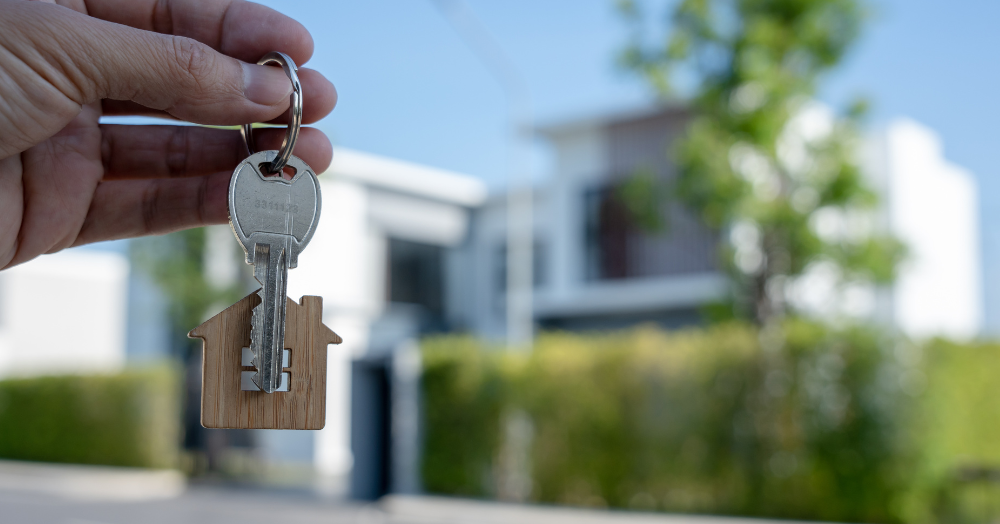Are you considering your next move? Whether you seek a larger home with a garden or a charming cottage by the sea, our detailed guide will help you navigate the process, from selecting an estate agent to setting your asking price and preparing your home for sale.
1. Determine the Estimated Value of Your Home: Start by obtaining an estimated value of your property. Click the link on the top or bottom of this article and we can give you an idea of the current value of your property.
2. Arrange a Property Valuation: When ready to list your home, schedule a free, no-obligation expert valuation with us. An in-person valuation allows the agent to assess the property's condition, space, and local area, considering any renovations. This helps confirm your financial capacity for your next purchase.
3. Review Your Mortgage Documents: Understand your borrowing capacity by contacting your current lender to discuss selling your home. Consider potential fees for ending your current mortgage early or explore transferring your mortgage to a new property if it is 'portable.'
4. Select the Right Estate Agent: Choose an estate agent you trust to guide you through the sale. Consider the agent's rapport and approach, not just their fees. An agent familiar with recent sales in your area can provide a current list of potential buyers.
5. Prepare Your Home: Enhance your home's appeal by creating a sense of space and a blank canvas for buyers. The importance of first impressions and kerb appeal should be emphasised. Ensure the exterior is welcoming and the interior is decluttered and spotless. Consider setting up a home office and upgrading your broadband as selling points.
6. Set the Appropriate Asking Price: Decide on your asking price based on recent sales of similar homes and your agent's recommendation.
7. Check Your Energy Performance Certificate (EPC): Provide your agent with a valid EPC within a week of listing your home. An EPC details your property's energy use and costs between £60 and £120. Verify your certificate's validity online.
8. Engage a Solicitor: A solicitor is crucial for managing the sale process. Seek recommendations from your agent or acquaintances. Early engagement allows your solicitor to prepare necessary documents, including the Seller’s Leasehold Information Pack, and gather information such as title deeds and service histories.
9. Accepting an Offer: After receiving an offer, maintain flexibility with timing and efficiency in paperwork submission. Regular communication with your solicitor and agent ensures you stay informed and can manage the sale process effectively.
10. Exchanging Contracts: The 'Exchange of Contracts' legally binds both parties to the sale. In England and Wales, this is the final legal step before completion, whereas in Scotland, it occurs earlier. Review the statement of costs and sign the Transfer of Deed to transfer ownership.
11. Preparing to Move Out: Utilise the time between exchange and completion to finalise moving arrangements. This includes cancelling home insurance and reading utility meters before departure.
12. Completion and Moving Day: On completion day, the sale money is transferred, finalising the sale. Ensure all possessions are removed, leaving the property clean and ready for the new owners.
By following these steps, you can streamline the process of selling your home and make your next move with confidence.



